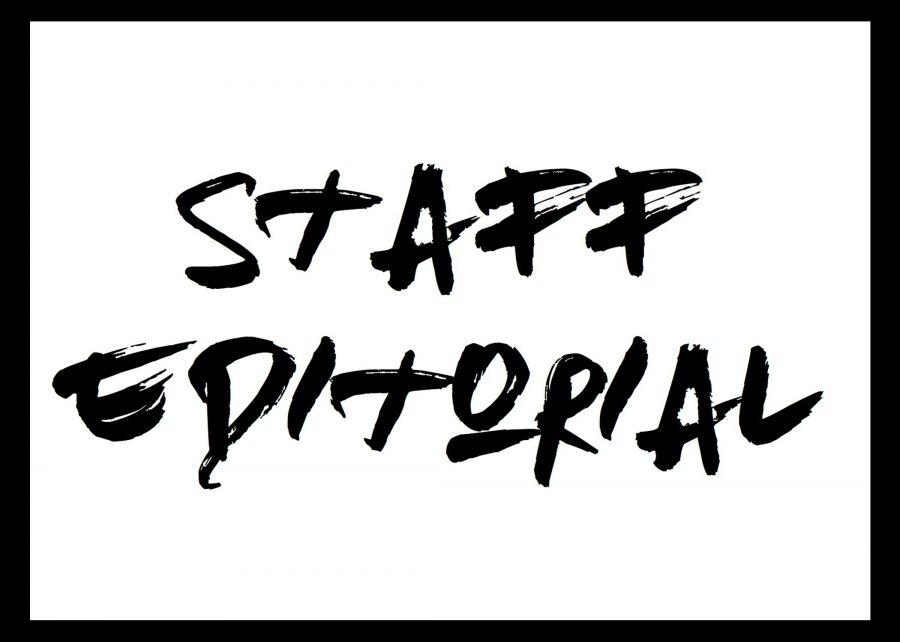Given President Trump’s inflammatory rhetoric, it is no surprise that U.S. news media has been under strict scrutiny in recent months. Our current dystopian political landscape has had wide- reaching effects on the free press and has forced reporters everywhere to look introspectivelyattheirmethodology.With a President whose actions are dangerous and incendiary, objective reporting has necessarily utilized words historically reserved for subjective commentary. High-profile newspapers such as the New York Times, the Washington Post and the Huffington Post have all published pieces exposing this phenomenon and agonizing over the ensuing journalistic conundrum. The Wellesley News is not exempt from this forced self-analysis. We too have critically examined our choices in content, diction and semantics as we strive to maintain a divide between news and opinions in an era of fluctuating reporting standards.
We define our News section as being an objective outlet for reporting. Our News Editors and their Staff Writers are responsible for providing coverage of on and off campus events, updates and controversies. This past year, we were fortunate enough to interview students and faculty about our new Acorns space and cover a packed post-election talk- back initiated by our professors. The articles we run in the News section strive to be as factual as possible. In order to achieve this goal, we check for conflicts of interest in our writers, fact check as thoroughly as we can and record and transcribe our interviews for utmost accuracy. We reserve the right to edit all news articles for content and omit any false information. Any news article that contains blatant errors is subject to being re-written by our staff or not being published.
In contrast, our Opinions section is responsible for addressing relevant issues both on and off campus from a subjective standpoint. True to its title, an article for the Opinions section takes a topic and proceeds to take a stance on it. Individual articles written in the Opinions Section of the Wellesley News do not reflect the views of the Wellesley News Editorial Board. Our Editorial Board members represent a wide-ranging scope of ethnicities, sexual identities, socioeconomic backgrounds and beliefs. While our names all appear under a single letterhead, our opinions are anything but homogeneous. While we reserve the right to edit opinions articles for grammar and spelling, we do not reserve the right to edit individual opinions articles on the basis of content. We believe it is crucial for opinions articles to base themselves off of factual information, we take this to be the responsibility of the individual writers assigned to the articles. Opinions are often based on a selective presentation of facts, and for that reason, we do not critique such material.
This is the most critical juncture at which Opinions diverges from News. If a writer includes false information in a news article, we reserve the right to address the situation with the author, edit out the information and have the final and authoritative word on which words actually go to print. However, if a writer includes misinformation in an opinions article, we are obliged to respect the subjective nature that this type of article entails. Therefore, we reserve the right to address our concerns with the author and to suggest changes. If the author holds true to their misinformation after these steps, we cannot authoritatively omit this content from the article. This is due to the fact that this content is the opinion of the author, and though we can advise opinions, we do not have the final word on what writers’ opinions can and cannot be. We maintain this standard in order to provide a constructive and open forum for dialogue.
The one article in the Opinions section that differs in standard from individual opinions articles is the Staff Editorial. The Staff Editorial is an article attributed to the entirety of the Editorial Board that addresses a critical issue either on- or off-campus. While we do not have the authority to re-write the opinions of individual contributing writers, we do have the agency to critically examine our own arguments. We strive to build carefully constructed arguments based upon objective data, and present our opinions on current events in a holistic and thoughtful manner. This is not to say that we have always succeeded in living up to this standard. Aiming for journalistic excellence does not negate our human fallibility, and we have learned and continue to improve based on constructive criticism from our community.
Additionally, we welcome letters to the Editor if a member of the community would like to voice dissent towards any articles in the Opinions Section. Such pieces are integral to our mission to promote free discourse on campus. It is important to note that letters that disagree with our staff editorial may be addressed to our Executive Board. However, those which challenge individual op-eds should be clearly directed towards the writer of that specific article. We also reserve the right to compose responses from the editor.
We encourage the campus to consider the differences between our News and Opinions sections closely. While we can police the content of a News article and strive for objectivity in that section, we cannot do the same for Opinions. We make suggestions, but ultimately the presentation of facts is reliant on the subjective opinion of the writer. We hope, through these articles, to create a forum that is open for discourse and debate.





